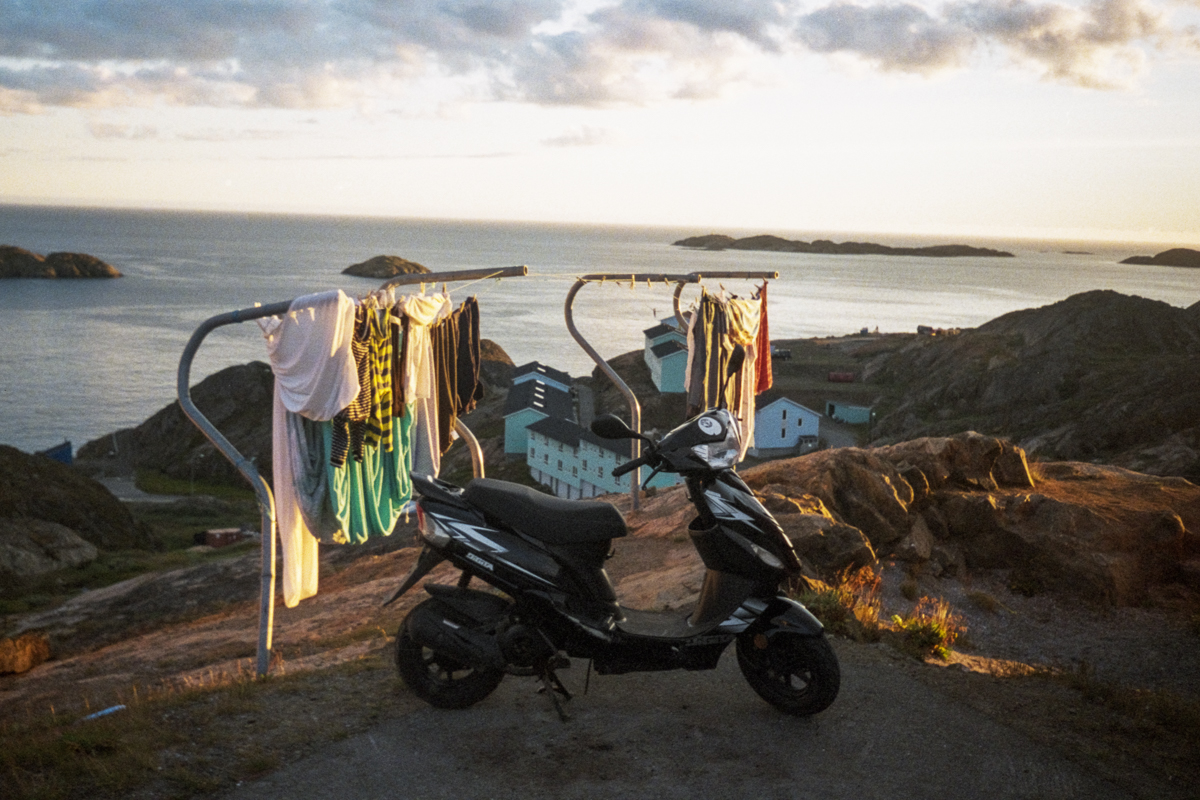 Days of Heaven was my initiation to Terrence Malick, his second film and already one that marked him as a filmmaker with little regard for convention. He’s forged for himself the kind of hushed reverence that is reserved only for ‘real’ artists, names like Russian filmmaker Andrei Tarkovsky or Stanley Kubrick. Soon turning 70, Malick has built this reputation over four decades with, amazingly, only five films. This, his sixth outing, had me surprised, namely by his casting choice of Ben Affleck.
Days of Heaven was my initiation to Terrence Malick, his second film and already one that marked him as a filmmaker with little regard for convention. He’s forged for himself the kind of hushed reverence that is reserved only for ‘real’ artists, names like Russian filmmaker Andrei Tarkovsky or Stanley Kubrick. Soon turning 70, Malick has built this reputation over four decades with, amazingly, only five films. This, his sixth outing, had me surprised, namely by his casting choice of Ben Affleck.
In much the same flowing, lyrical style as his staggeringly ambitious The Tree Of Life (2011), Malick explores more intimate territory this time: the human heart and the notion of love as a kind of natural force. For the fleeting duration of the running time, we come to know three characters: Marina, a Paris-based single mother (Kurylenko), Neil, an environmental inspector, (Affleck) and Quintana (Bardem), an outsider priest who wanders ghost-like and disconnected from his environment. What conventional plotting there is sees Neil fall for this single mother, whom he invites with her daughter to return with him to rural America, despite his reluctance to marry her. An initial period of harmony is followed by creeping discontent. The child becomes unhappy and Marina is torn between staying with a man whom she loves, but knows is unlikely to commit to her, and returning home to Paris.
Malick negates narrative and shooting conventions: very few lines of dialogue are uttered in dramatic context; the camera is ignorant of gravity; the narrative is purely emotional; and voiceovers come directly from the character’s sub-conscious and overlap with images that seem to exist somewhere between dream and memory. At times, characters move as if through water, rather than air, and the rhythmical editing seemingly mimics stream of consciousness rather than storytelling.
There has been some criticism that the film resembles a two-hour perfume commercial – but this is a symptom of our indoctrination by one dominant form of cinema: the literary kind. Here’s a film that isn’t based on a bestseller – it derives its logic from life, dreams and memory. As with memories, you don’t get scenes full of dialogue. Instead we experience the feelings involved, the gestures, a smile, the flavour. It’s in evoking this sense of love remembered that Malick excels.
Apparently there were days of shooting without a script. One imagines this to be challenging for actors accustomed to conventional practice, and Affleck occasionally appears lost at sea, but the force of the film’s current carries him along, enveloping him to the point that he becomes our cypher: he’s merely the pair of spectacles through which we experience Marina and their life together. Having recently seen Kurylenko’s unremarkable turn in Oblivion, I was initially skeptical of her presence here – but as with Affleck, I needn’t have been concerned. She is the heart and soul, dancing (often literally) across the frame, full of life and sincerity. She has an irrepressible energy, at once childlike and vulnerable, but with an ageless strength and wisdom.
When The Tree Of Life was released, I awarded that film four stars. As it still resonates in my bones, I regret not being more generous. To The Wonder’s mandate is simpler and its effect more immediate, although if you fail to recognise yourself in any of it, the film may be lost on you. Kubrick once lamented literature’s influence on cinema, saying that the medium’s strength lies closer to painting and music – and Malick appears to agree, as his continual process of shedding convention reveals new layers of emotional truth.
To The Wonder (3)

Dir: Terrence Malick; US drama/romance, 2012, 112 mins; Ben Affleck, Olga Kurylenko, Javier Bardem, Rachel McAdams
Premiered July 4
Playing at Dagmar and Grand Teatret















